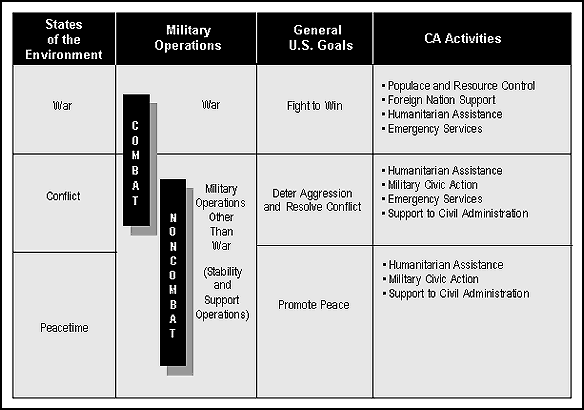
Originally Posted by
Cavguy

I'd offer a contest for the tactical level.
I would like to see a contest focused to the tactical level - BN and below. We have a plethora of studies, think tank reports, op-eds, etc. on whole of government and larger issues.
What we are not seeing is a large density of high quality work on the small stuff that makes tactical level COIN successful or unsuccessful. For the most part the branch journals have a hard time attracting these sort of articles, and when they are published they don't hit the mainstream.
SWJ should encourage the works of the CPT/LT/SGT level, which aren't as common.
Just my thoughts.





















 "A Sherman can give you a very nice... edge."- Oddball,
"A Sherman can give you a very nice... edge."- Oddball, 




Bookmarks